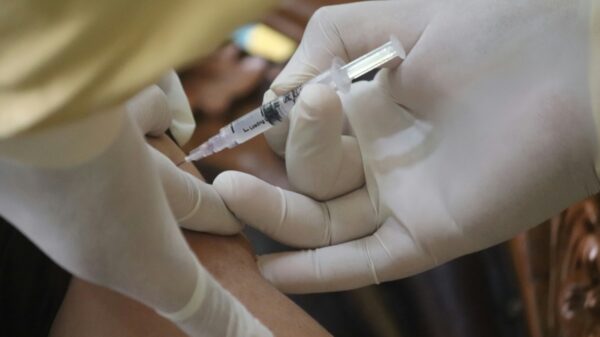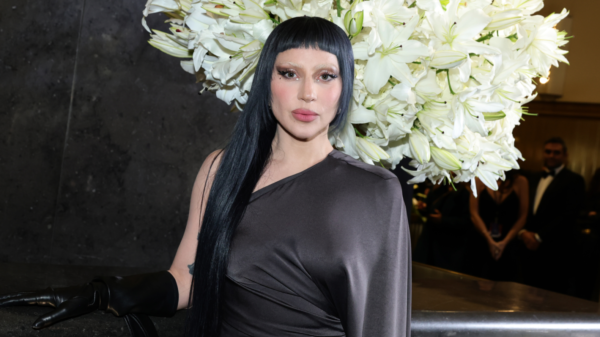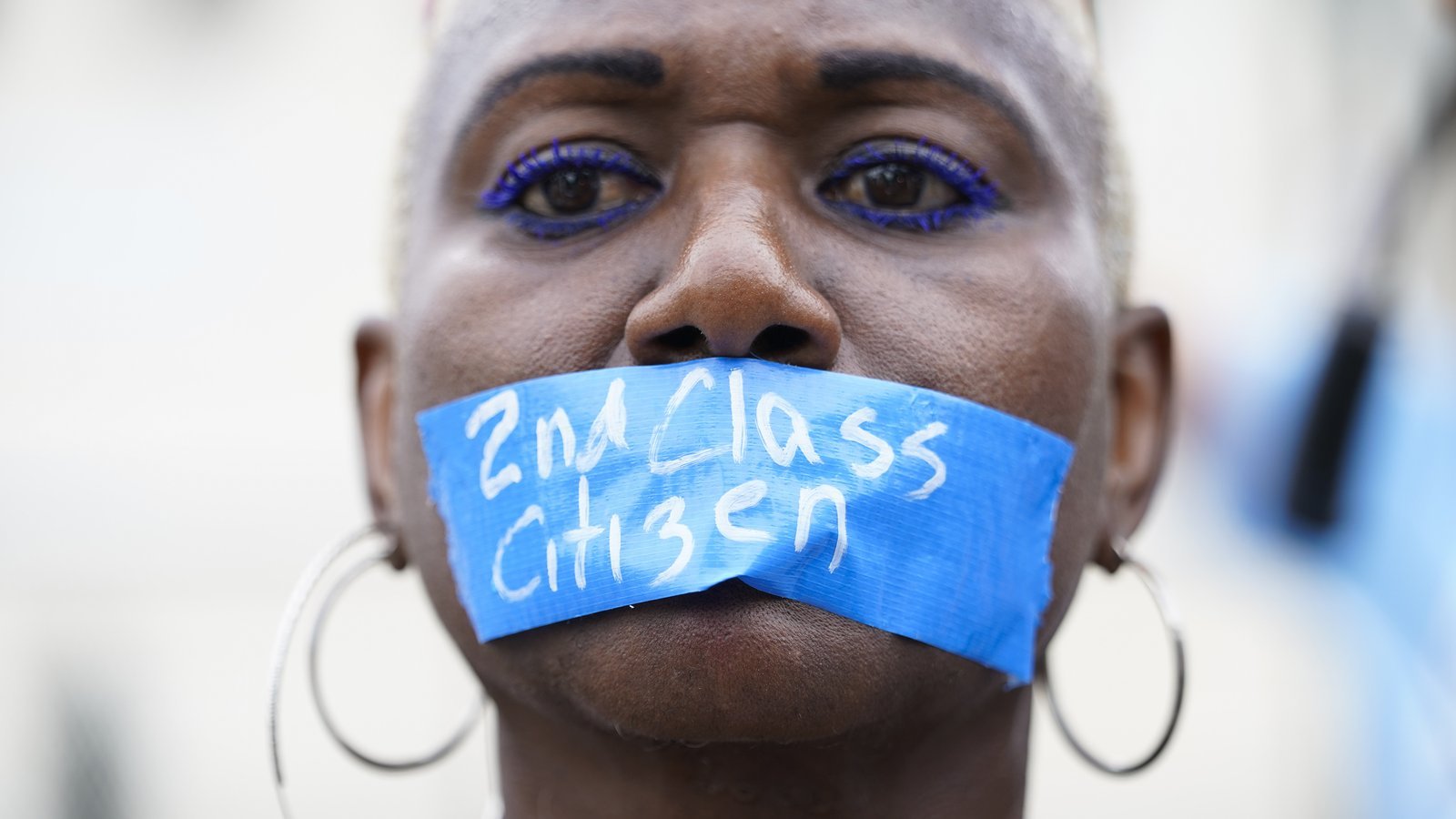Introduction
Gender discrimination is a pervasive issue that affects individuals across various stages of life. While it is widely acknowledged that gender discrimination has negative consequences, a recent study has shed light on the long-term impact it can have on the wellbeing of older women. This blog post will explore the findings of this study and discuss the implications of perceived gender discrimination on the health of older women.
The Study
The study, conducted by researchers at a renowned university, aimed to examine the relationship between perceived gender discrimination and wellbeing among older women. The participants included a diverse group of women aged 60 and above, from different socioeconomic backgrounds and ethnicities. The study utilized a combination of surveys and interviews to gather data on participants’ experiences of gender discrimination and their overall wellbeing.
Findings
The findings of the study revealed a significant association between perceived gender discrimination and a decline in wellbeing among older women. Participants who reported experiencing higher levels of gender discrimination also reported lower levels of overall life satisfaction, increased stress levels, and poorer mental and physical health. These effects were observed even after controlling for other factors such as socioeconomic status and pre-existing health conditions.
Implications
The implications of these findings are profound. They highlight the lasting impact of gender discrimination on the health and wellbeing of older women. Perceived discrimination can lead to chronic stress, which has been linked to a range of health problems, including cardiovascular disease, depression, and cognitive decline. Moreover, the negative effects of discrimination can accumulate over time, exacerbating existing health conditions and diminishing overall quality of life.
Addressing Gender Discrimination
To mitigate the impact of gender discrimination on the wellbeing of older women, it is crucial to address the root causes and work towards creating a more inclusive and equitable society. This requires collective efforts from individuals, communities, and institutions. Some potential strategies include:
1. Education and Awareness: Promoting education and awareness about gender discrimination can help challenge societal norms and stereotypes. By fostering a culture of respect and equality, we can reduce the prevalence of discrimination.
2. Policy Changes: Implementing and enforcing policies that protect against gender discrimination is essential. This includes legislation that promotes equal opportunities in employment, healthcare, and other domains of life.
3. Support Networks: Establishing support networks for older women can provide them with a sense of community and empower them to address the challenges they face. These networks can offer resources, counseling services, and advocacy for those affected by gender discrimination.
4. Empowerment Programs: Encouraging older women to participate in empowerment programs can enhance their self-esteem and resilience. These programs can provide skills training, mentorship, and opportunities for social engagement.
5. Research and Advocacy: Continued research on the impact of gender discrimination on older women’s health is crucial for developing evidence-based interventions. Advocacy efforts can raise awareness and promote policy changes to address this issue.
Conclusion
The study linking perceived gender discrimination to a decline in wellbeing among older women highlights the need for concerted efforts to address this issue. By understanding the long-term effects of discrimination on health, we can work towards creating a more inclusive and equitable society for all individuals, regardless of their gender. It is essential to promote education, implement supportive policies, establish networks, and empower older women to overcome the challenges posed by gender discrimination. Only through collective action can we ensure the wellbeing and dignity of every individual, regardless of their age or gender.




































